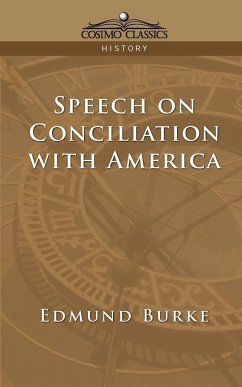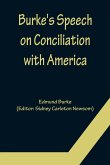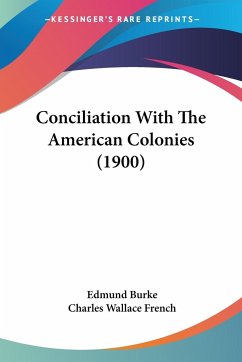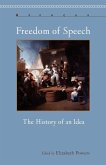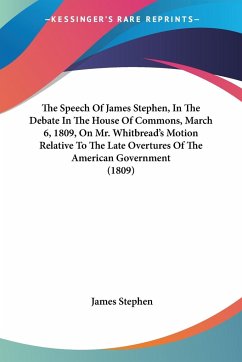BCC: With extensive knowledge of political affairs, Edmund Burke possessed a glowing imagination and passionate sympathies expressed in his landmark speeches, which continue to captivate contemporary readers. The best of Burke's writings and speeches uphold his position on the need for rigorous constitutional statesmanship against widespread abuse of authority in government. He remains one of the foremost political thinkers of eighteenth-century England. AUTHOR BIO: British political writer and statesman EDMUND BURKE (1729-1797) was educated at a Quaker boarding school and at Trinity College in Dublin. His eloquence gained him a high position in Britain's Whig party, and although he never held public office, his public activity never ceased. His works include Observations on the Present State of the Nation (1769) and On the Causes of the Present Discontents (1770). Perhaps the finest of his many efforts are the speech on American taxation (1774) and the letter to the sheriffs of Bristol (1777), which advocated astute and moderate measures to impending public crises.
Hinweis: Dieser Artikel kann nur an eine deutsche Lieferadresse ausgeliefert werden.
Hinweis: Dieser Artikel kann nur an eine deutsche Lieferadresse ausgeliefert werden.

